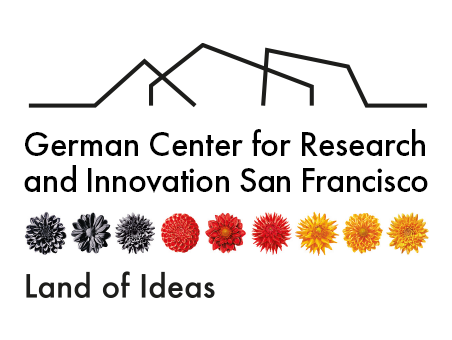Five Questions for Melanie Ott

We had the pleasure of interviewing Dr. Melanie Ott from the Gladstone Institutes, which is partnering with us to host the inaugural Global Health Innovation Summit in February. Melanie Ott’s lab studies viruses that infect humans, and applies the lessons learned to new and emerging viruses. The Ott Lab combines broad expertise—in virology, cell biology, biochemistry, systems biology, and chromatin biology—with a diverse and highly collaborative approach.
Please tell us a little bit about yourself, your background, and how you became interested in virology.
I am a physician-scientist who trained at the Goethe University in Frankfurt as a neurologist, and in the early 90’s during my residency found myself in the midst of the AIDS pandemic. It was a dramatic time and there was very little we could do for people affected by the virus. I therefore moved to the US to get an in-depth molecular research experience in HIV. I eventually stayed, did a PhD, never returned to the clinic and opened my first lab at the DKFZ in Heidelberg and later in San Francisco.
How has your work on HIV informed your approach to understanding and combating other viruses, such as SARS-CoV-2?
HIV research has produced many fundamental insights into biological processes, which are applicable to all viral infections. As a chronic infection it provides particularly useful information for Long-COVID where many of the same questions as in HIV are being asked: where does the virus persist, what is causing chronic immune disturbances etc. Importantly, HIV has shown us the potency and potential of antivirals, which are now a critical cornerstone in fighting viral infections.
What role do you see technologies like CRISPR or AI playing in advancing virology research in the next decade?
Jennifer Doudna is part of the virology program at Gladstone, and many facets of the CRISPR technology are being used, discovered and perfected in the institute. Fortunately, Gladstone has an advanced data science institute headed by Katie Pollard and is embedded in the rich tech environment of the Bay Area. AI is an important part of our research, i.e. in our work predicting future variants of SARS-CoV-2. This will only grow and is an emphasis for our future.
What lessons from your work do you believe should guide global responses to future outbreaks of infectious diseases? Do you think this should include rethinking funding mechanisms for research and preparedness?
Very early on in the pandemic, we combined forces with Jennifer Doudna and Dan Fletcher and developed rapid CRISPR diagnostics on a mobile phone. Empowering people to do at-home testing with personal devices is critical in my mind for future pandemics to be rapidly and trustfully resolved. We need to continue to invest into preparedness with research initiatives that lead to user-friendly and “modern” solutions, and we need to do this at unpopular times when nobody wants to hear about it. Because it is very difficult to go from 0 to 100 in a matter of days or weeks during a pandemic while starting at 30 or 40 when ramping to 100 makes a huge difference in the effectiveness of the response. This time difference matters and saves lives.
